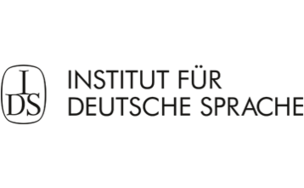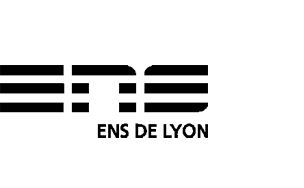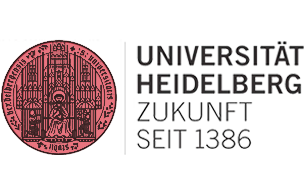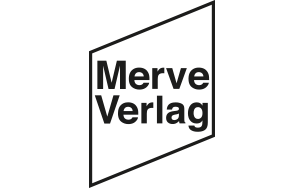partner institutions
Data Futures partners include Basel, Cornell, ENS-Lyon, Heidelberg, Notre Dame, Oxford, Princeton and Westminster universities and organizations such as The Diplomatic Documents of Switzerland, The Institute for German Language, MOM-Jean Pouilloux, Fotomuseum Winterthur and Merve Verlag GmbH.
The Institute for German Language is an independent linguistics and a member of the Gottfried Wilhelm Leibniz Scientific Community. IDS maintains the German Language Archive, which is the largest collection of audio recordings of spoken German, as well as the online archive of written language (nine million book pages) together with a dedicated library of contemporary German linguistics literature. IDS is one of the CLARIN-D Service Centers and its collaboration with Data Futures produces Invenio redeliveries of Fedora data resources.
The Bodleian Library is one of the oldest libraries in Europe, and with over 13 million printed items it is second in size in the U.K. only to the British Library. Digital.Bodleian is a JISC-supported strategy dating from 2011 to overcome data 'silo' problems arising from proliferation of metadata formats and project-driven research websites. Data Futures collaborates with Bodleain on redelivery of vulnerable project websites, representing extensive scholarly investment, into Trusted respositories.
The École normale supérieure (ENS) de Lyon is a French public graduate school and as a grande école is devoted to research and education, training teachers, professors and scientists. Data Futures collaborates on multiple projects with IAO—ENS's Institute for Asian and Oriental Studies and with other universities in France from ENS, where it maintains offices and infrastructure.
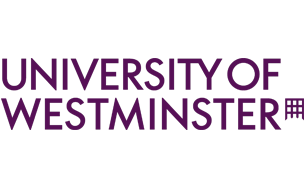
The University of Westminster was founded by Sir George Cayley in 1838 as the Polytechnic Institution and expanded in 1881 by philanthropist Quintin Hogg as the publicly funded Regent Street Polytechnic in central London, becoming the University of Westminster in 1992. Data Futures was founded as part of Westminster's Institute for Modern and Contemporary Culture and has redelivered the University's Mao-era Chinese propaganda collection.
The Institute for European Global Studies Basel—EIB—was founded in 1993 as an interdisciplinary research institute of the University of Basel. It has grown internationally-recognized expertise in politics, economics, philosophy, history and law, and examines the relationships between Switzerland and Europe in a global context. Data Futures collaborates on multiple projects with EIB and operates digital resources for both research and teaching.
Heidelberg University is a leading german public research university founded in 1386 is one of the world's oldest surviving universities. It is a German Excellence University as well as a founding member of the League of European Research Universities and the Coimbra group. Data Futures has operated multiple new research workflow and corpus redelivery contracts for it's Cluster of Excellence “Asia and Europe in a Global Context”.
The University of Notre Dame is consistently ranked amongst the top 20 best colleges in the USA. Data Futures collaborates with the Navari Family Center for Digital Scholarship in the Hesburgh Libraries and since 2019 international annotation projects have been managed by Notre Dame using Data Futures infrastructure.
Princeton University was founded in 1746 and is one of the most prestigious universities in the USA. Data Futures developed tools for digitization and development of metadata for the PhonoPost media archaeology project using freizo in 2010 and has provided workflows for multiple research and teaching projects until the present. During 2014 Princeton's Kluge Digital Resource project also chose Data Futures, and current activities include development of Invenio repositories for both projects.
Merve Verlag is a specialist cultural theory publisher which has been at the forefront of international writing for three decades. It produced the first book on CD-ROM in 1995 and the first mobile phone book in 2005, prefiguring eReaders such as Kindle by two years. Data Futures has collaborated with Merve since 2016 leading to Merve launching an open digital edition of its complete back-list at the 2017 Frankfurt Book Fair.
